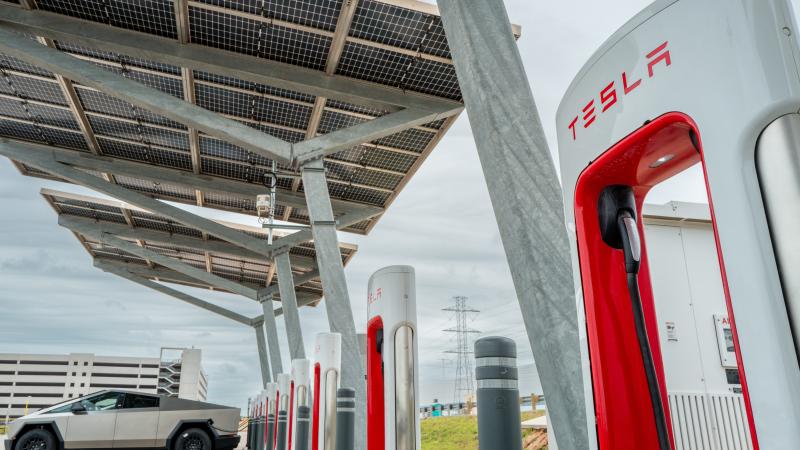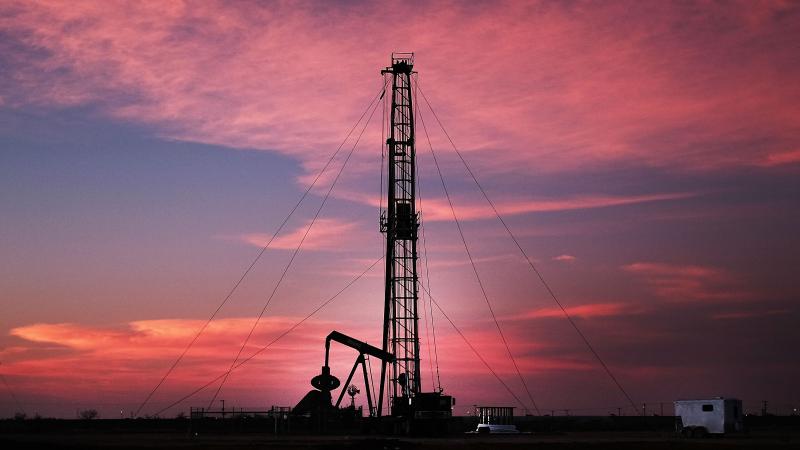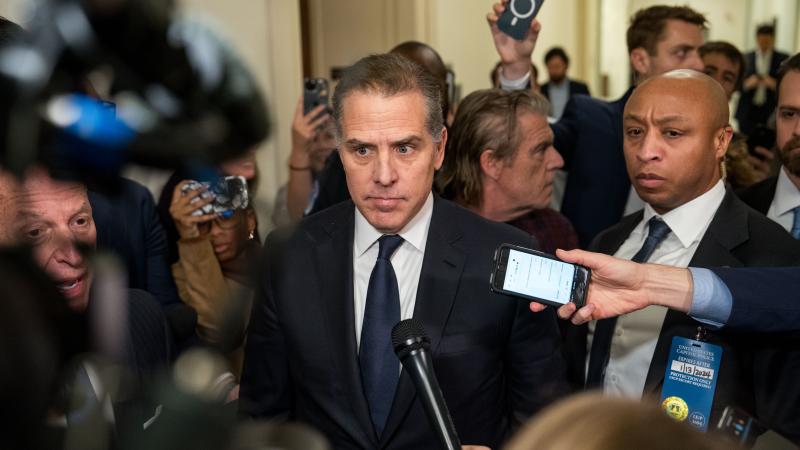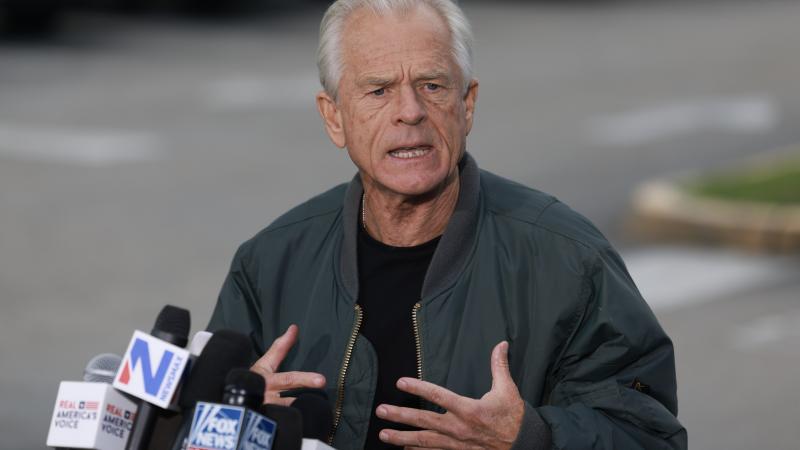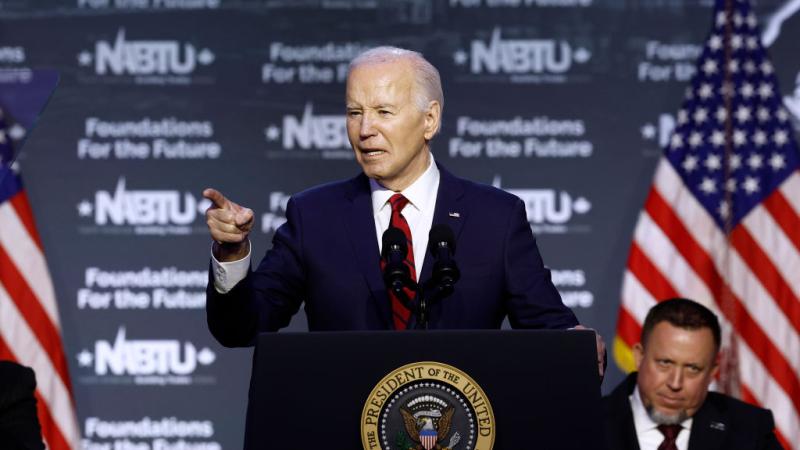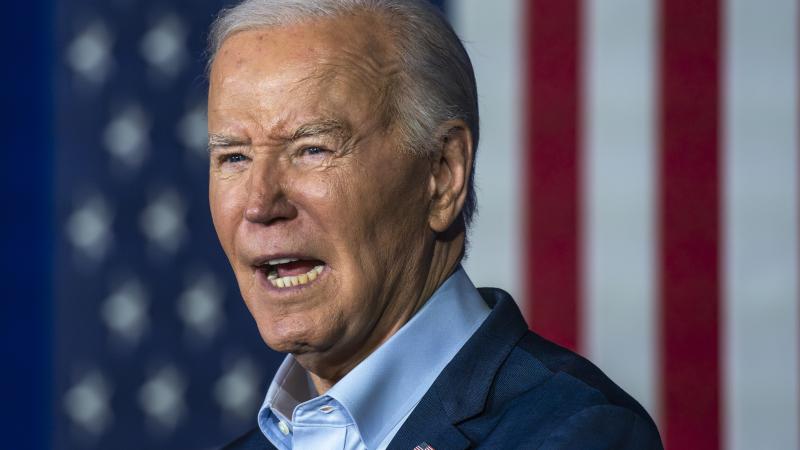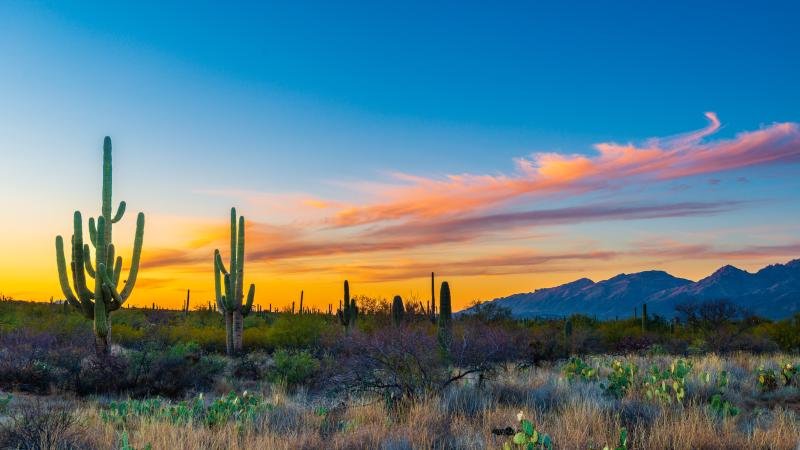Alaskan Natives say Biden’s war on the state’s oil and gas industry ignores their objections
The Biden administration plans to limit future oil and gas leasing on 13 million acres of the National Petroleum Reserve in Alaska. Indigenous Alaskans say they aren't being consulted or included in the rule-making process.
The Biden administration is likely to finalize rules in the coming days that would take 10 million acres of Alaska’s North Slope out of consideration for oil and gas production. While the Biden administration has stated a commitment to Native American sovereignty and inclusion, when it comes to oil and gas production, Native American groups say that commitment is meaningless.
“This is a continuation of the onslaught of being blindsided by the federal government about unilateral decisions affecting our homelands,” Nagruk Harcharek, president of the Voice of the Arctic Iñupiat, said in a statement.
An "assault" on Native-American economy
The Biden administration announced in September a proposal to limit future oil and gas leasing, as well as other industrial development, on 13 million acres of the National Petroleum Reserve - Alaska. The rule would establish an outright prohibition on new leasing on 10.6 million acres — 40% of the reserve.
The reserve was created in 1923 as an emergency oil supply for the U.S. Navy. It was transferred to the Bureau of Land Management in 1976. The area contains potentially 3 billion barrels of recoverable oil, and it has drawn a lot of interest from oil and gas producers over the past several years.
President Joe Biden and his Democratic allies have taken over 200 actions against the oil and gas industry, according to the Institute of Energy Research, a free market energy think tank.
The federal government owns 61% of "The Last Frontier", which is nearly 223 million acres. With vast amounts of natural resource development potential, the state has been the target of many of the Biden administration’s climate policies, which in turn has a severe impact on the economic well-being of many indigenous Alaskans.
Sen. Dan Sullivan, R-Alaska, told Just The News that the administration took 56 actions directly impacting Alaska. Besides the proposed rule limiting oil and gas development on the National Petroleum Reserve - Alaska, the Biden administration also suspended oil and gas leases within the non-wilderness Coastal Plain of the Arctic National Wildlife Refuge.
“Both of these actions were taken without proper analysis and counter to the wishes of the Alaska Native groups most impacted by these actions. There is palpable anger and frustration among Alaskans about the Biden administration’s unrelenting assault on our economy and our ability to lawfully access our lands,” Sullivan said.
The Voice of the Arctic Iñupiat represents 24 members in eight Alaskan Native communities spread out across 95,000 square miles of northern Alaska. Its members include local governments, Alaska Native Corporations, federally recognized tribes, and tribal nonprofits. Its board of directors has previously passed a resolution in opposition to the proposed rule, which they say impacts the members’ ancestral homelands. Harcharek explained in his statement that the rule hasn’t enjoyed much support in the area.
“Not a single organization or elected leader on the North Slope, which fully encompasses the NPR-A, supports this proposed rule. In fact, everyone has asked DOI [Department of Interior] to rescind the rule,” he said.
For 50 years, Harcharek explained, economic development projects that are essential to the survival of the North Slope Iñupiat communities have continued forward with the engagement and inclusion of those communities' input. The development of resources supplies 95% of the North Slope’s tax base, which funds schools, health clinics, modern water and sewer systems, wildlife management and research.
“These basic services, which are commonplace throughout the Lower 48, have only arrived on the North Slope within the last generation and are directly connected to significant increases in average life expectancy over the past 50 years in our region. And what is more valuable than the gift of life, time with your family, time with your loved ones?” Harcharek said.
Affected tribes never consulted
In its comments on the proposed rule, the Alaska Oil and Gas Association, an industry group, said that the rule goes against Congress’ intent when creating the reserve, which was to serve American energy needs and energy security with expeditious development in balance with conservation
“Congress plainly did not grant BLM authority to erect barriers to the achievement of Congress’s very purpose in enacting the” National Petroleum Reserve-Alaska, the association said.
The association also said that the rule was rushed through the administrative process without “any meaningful or lawful consultation with the Alaska Native entities and communities.”
Richard Tucker, a mechanical engineer with Delta Constructors, which provides construction and fabrication services to the oil and gas industry, said in his comments that the impacted Native populations weren’t properly consulted.
“They were given little information on short notice and a narrow window of time to provide feedback. This is an insult to the people that would be most affected by the rule,” Tucker said.
Tucker said he’s an Alaskan native whose father worked construction on the Trans Alaska Pipeline. His son, also an Alaska Native, he said, is a mechanic on the North Slope.
“I see firsthand all that our great state has to offer. We must respect our state through proper conservation as well as the responsible development of our resources. Unnecessary regulations that hinder correct and responsible development does nothing but harm,” Tucker wrote.
Indigenous knowledge
The Biden administration has claimed that it incorporates Tribal consultation into its decisions. In December 2022, it touted a first-ever policy directing federal agencies to recognize and include “indigenous knowledge” into federal research, policy and decision making.
Rick Whitbeck, Alaska state director for Power The Future, an energy advocacy group, told Just The News that the Biden administration’s commitment to including Native voices is limited only so far as it doesn’t conflict with the interests of left-wing activists.
“Once again, the Biden administration is using ‘indigenous knowledge and consultation’ only when it suits their eco-left puppet masters’ goals of shutting down safe and responsible development in Alaska. Dismissing meaningful consideration of the Iñupiat who live among the lands of the National Petroleum Reserve - Alaska is not only irresponsible, but reprehensible. America deserves better, as do Alaska and the Iñupiat of the North Slope,” Whitbeck said.
Harcharek said, besides making it harder to maintain quality of life services to the communities of the Iñupiat, the rule will make it hard for the communities to build new services, such as telecommunications and utility infrastructure. The BLM’s economic analysis supporting the proposed rule, Harcharek said, doesn’t capture the implications for the people of the North Slope.
“North Slope elected leaders repeatedly and consistently highlighted this flawed economic analysis and its implications for our communities to the administration over the course of nearly a dozen meetings, concerns which have been summarily ignored because they do not comport with the federal government’s preferred policies,” Harcharek said.
He said that Interior Secretary Deb Haaland has ignored at least eight requests for meetings from the elected leaders of the North Slope Iñupiat.
“This is a grave injustice to the people who actually live on the North Slope. Alaska has a right to produce our own energy for the sake of quality economic opportunities and good-paying jobs, and for the energy security of the entire nation,” Sullivan said.
The Facts Inside Our Reporter's Notebook
Links
- commitment to Native American sovereignty and inclusion
- Voice of the Arctic Iñupiat
- said in a statement
- announced in September a proposal
- created in 1923
- potentially 3 billion barrels of recoverable oil
- 200 actions against the oil and gas industry
- 61% of The Last Frontier
- suspended oil and gas leases
- comments on the proposed rule
- Alaska Oil and Gas Association
- Delta Constructors
- said in his comments
- Power The Future


